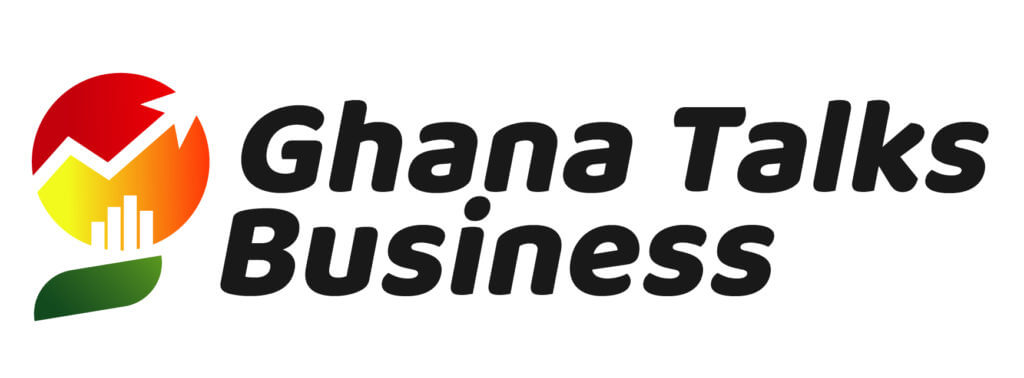Speaking at a press conference in Accra on Monday, May 31, the Bank of Ghana Governor, Dr Ernest Addison said the Bank of Ghana is “in the advanced stages of introducing a digital currency” known as the E-cedi.
Before its circulation, however, the digital currency will go through three phases to ascertain its feasibility.
“The Bank of Ghana was one of the first African Central Banks to declare that we were working on a digital currency, looking at the concept of an E-cedi,” Dr Addison said at the press conference.
“Yes, we are quite advanced in that process. As you know, with these types of things, you have to go at it in phases and the first phase was really on the design of the electronic money, and the team that has gone quite far in the design phase, they are looking at the implementation phase.
After the implementation phase, we have a pilot phase where a few people would be able to use the digital cedi on the mobile applications and other applications that are currently running. From that pilot, we will be able to determine whether this is feasible and what sort of things need to be tweaked to make it work effectively,” Dr Addison further revealed.
Bitcoin versus the E-cedi
One of the major drawbacks of bitcoin, which some consider being an advantage lies in its anonymity. With the E-cedi, there is no such thing. Since the E-Cedi will be regulated by the Bank of Ghana, it will be easier for the government to monitor the use of the digital currency amongst the citizenry. But one question remains. Is the introduction of E-cedi intended to replace cryptocurrencies such as Bitcoin, Dogecoin, and Etherium?
The central bank has continually warned Ghanaians on the use of cryptocurrencies, as it is highly volatile and unregulated. Speaking at the press conference, Addison drew a comparison between cryptocurrencies such as Bitcoin which is “too volatile to play the function of money” and the state-backed currency, the Ghanaian Cedi.
“I think there is a lot more emphasis on looking at digital money which is backed by the state, backed by the central bank. These private forms of money really are not able to perform the functions of money effectively.”
ALSO, READ Cryptocurrencies not licensed in Ghana, investors are on their own – Minister
In the meantime, given this new insight, Ghana is soon to join the likes of Morocco, Egypt, Kenya, and South Africa on the continent in exploring the world of digital currency.





